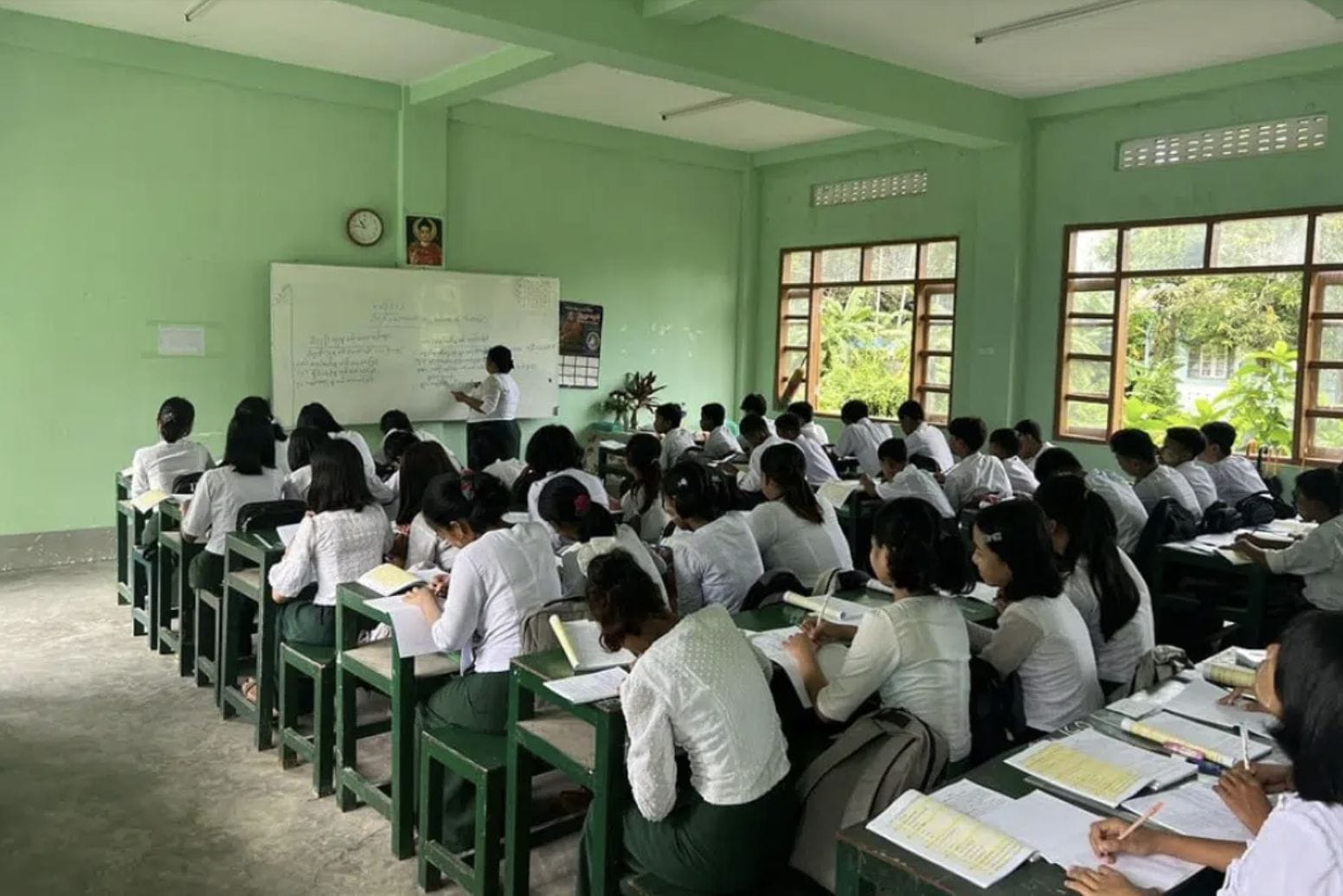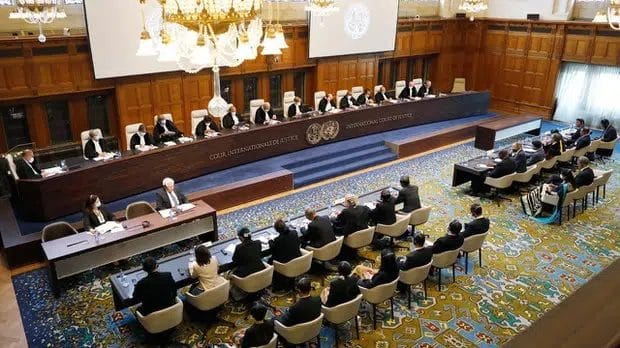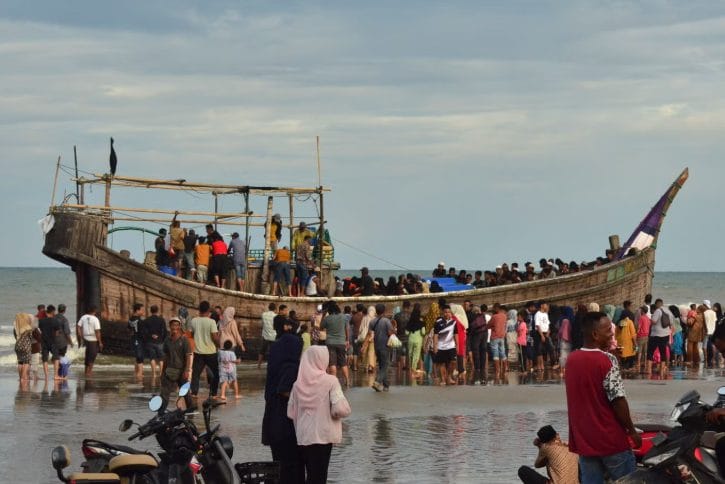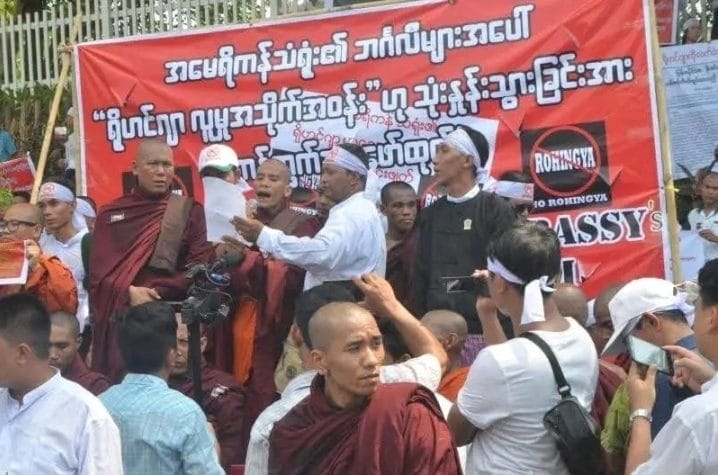Arakan News Agency | Exclusive
Arakan Militias have imposed high schooling, especially on Rohingya, in more towns in Maungdaw and Buthidaung in Arakan state, western Myanmar, where the militias control vast areas of it.
Locals told Arakan News Agency ANA, on Tuesday, that militias imposed high monthly fees on students in the recently opened schools across the state, and only on Rohingya in some locations, alleging that they will be used to pay for teachers’ salaries.
ANA reporter stated that in Maungdaw, fees were imposed according to educational levels; 10000 kyats (US$2.5) on primary stage, 20000 kyats on middle stage, and 30000 on secondary stage students, in addition to extra fees ranging from 3000 to 10000 kyats.
A Rohingya father in Maungdaw told ANA the fees were impossible to pay, “in this dire humanitarian situation without income, it is not possible for us to admit our children in those schools. Even in SAC’s (State Administration Council – Myanmar military coup’s administration) time, at least the education was for free. But under Arakan militias’ control, our survival is becoming harder day by day.”
Most Rohingya children in both Buthidaung and Maungdaw are reportedly unable to attend schools due to the high costs, leaving families with no option for their children’s education as the humanitarian crisis deepens. Reportedly, the militia’s decision applies to all ethnicities, but Rohingyas are the only group required to pay in some villages.
Teachers were also ordered to attend a ten-week training course conducted by the education department affiliated with the militias, at their own expense. One villager told ANA that an education official threatened those who hesitated to take up teaching roles.
Arakan militias imposed similar fees this month in Buthidaung, some only on Rohingya students in several villages, making education free of charge for other ethnicities especially Rakhine Buddhist children.
The militias took control of the state after launching a military campaign against the Myanmar military in November 2023, capturing 14 of the 17 towns. The conflict has also affected the Rohingya, who have been subjected to violence, forced displacement, and persecution by both sides. They were also subjected to a “genocidal” campaign by the Myanmar military in 2017, which forced nearly a million of them to flee to Bangladesh.

















